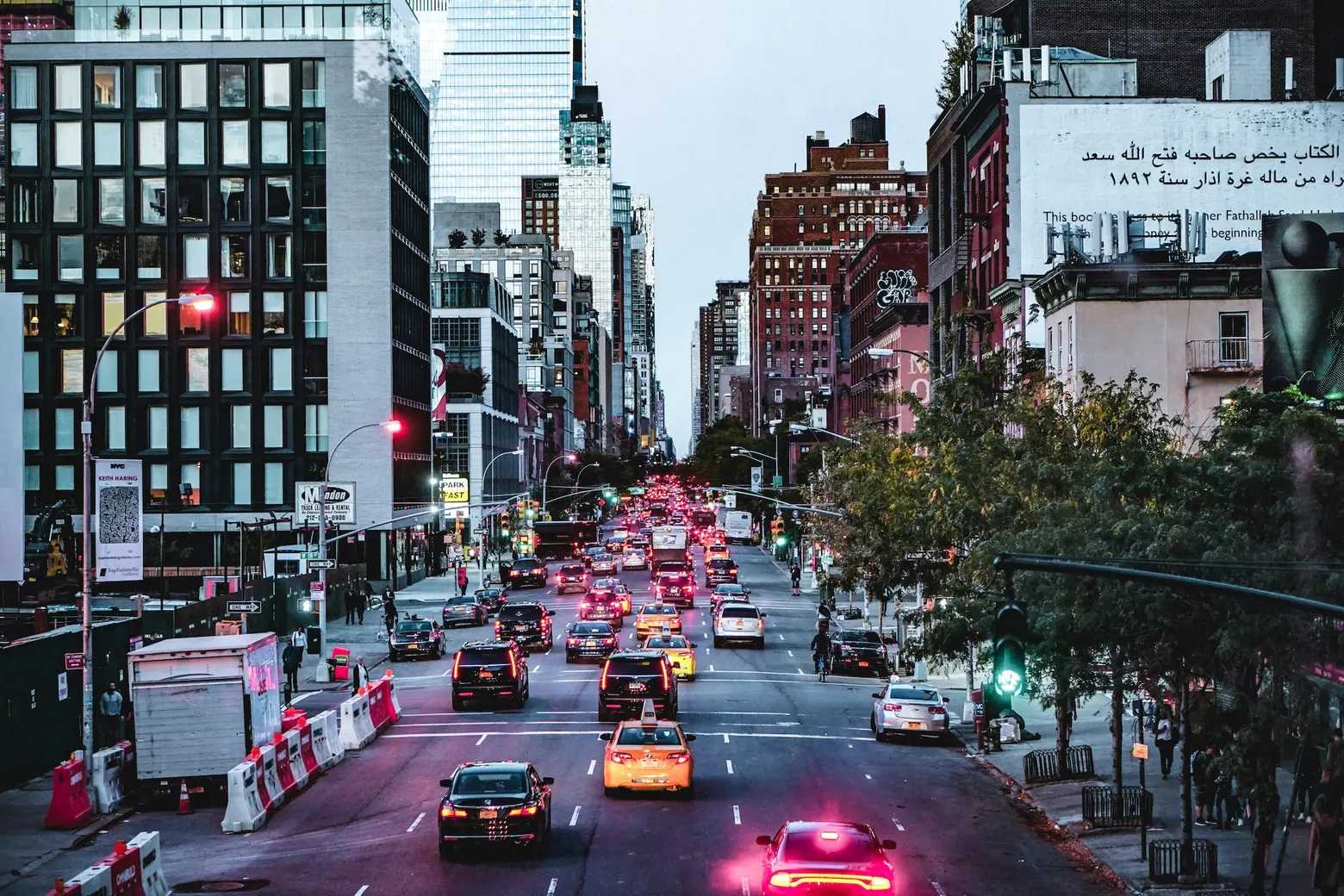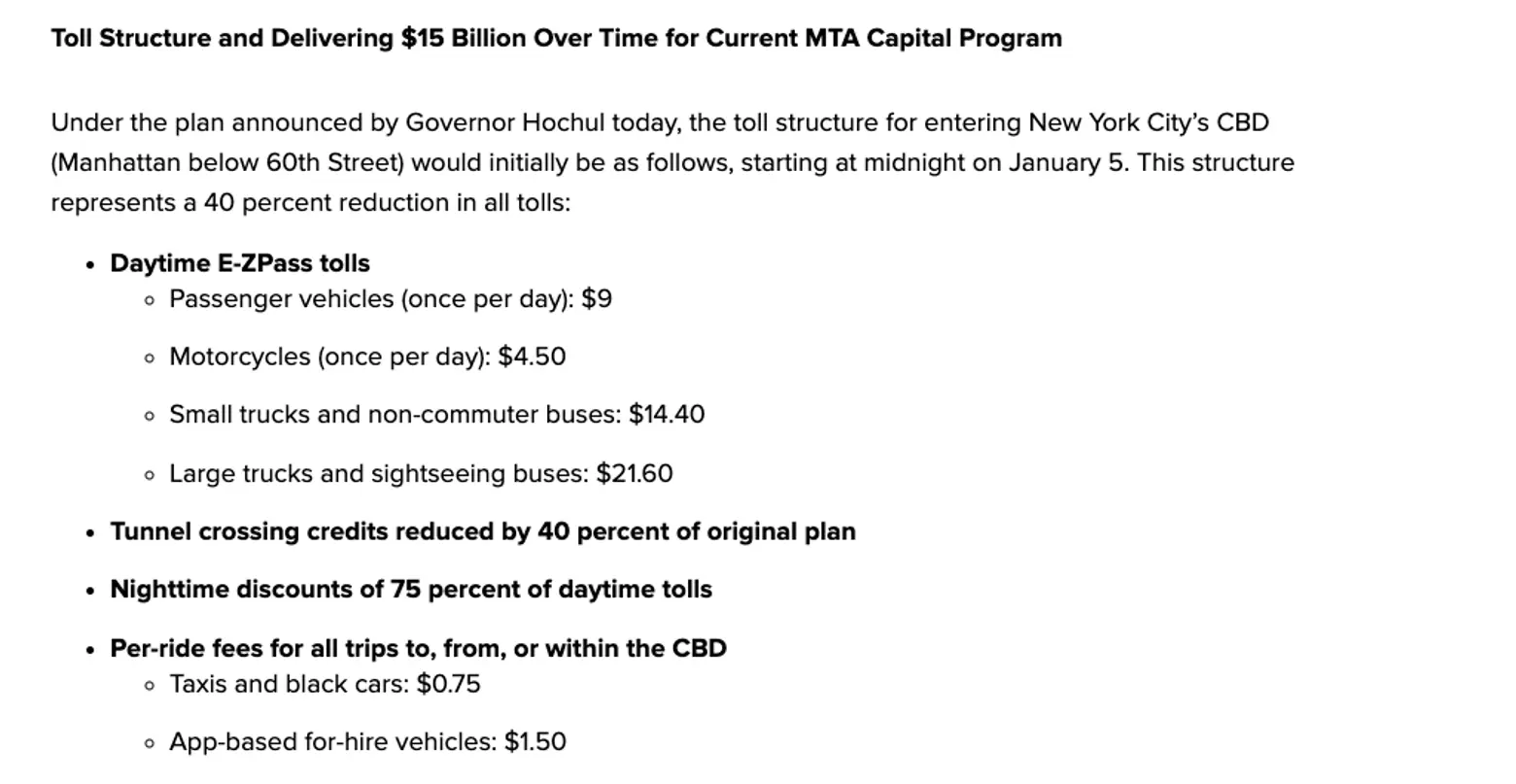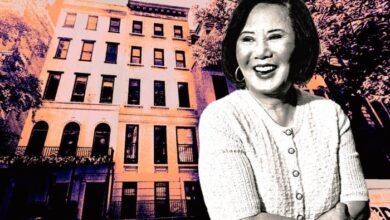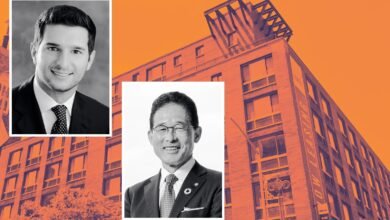Congestion pricing to start in January with $9 toll, Hochul announces


Congestion pricing will resume by early January with a lower toll of $9, Gov. Kathy Hochul announced Thursday, in an attempt to save the program before President-elect Donald Trump takes office. The new plan, which cuts the toll by 40 percent from the original $15 fee, is fast-tracked for implementation and slated for approval next week by the MTA board. Hochul abruptly paused the program in June, weeks before it was scheduled to begin, citing inflation and economic conditions. If approved, the fee will go into effect at midnight on Sunday, January 5.

The original toll program would have charged drivers entering Manhattan south of 60th Street $15, a fee established based on a 2019 law that required the program to generate enough money to support $15 billion of debt.
Lowering the toll to $9 is significant, as the MTA’s approval of the prices from the Biden administration follows years of analysis of tolls ranging from $9 to $23 for passenger vehicles. Hochul is aiming to receive quick approval while Biden is still in office by staying within this range.
Under the new plan, the $9 fee could increase to $12 starting in 2028.
“Some skeptics predicted we’d never find a path that would lower tolls while still addressing congestion and the important funding of public transit that millions of New Yorkers rely on. But that’s exactly what we did,” Hochul said.
“It was a challenge, but as a result, New Yorkers will benefit from millions of dollars in reduced costs. That’s my commitment to New Yorkers. I might not always take the easy path, but I’ll take the right path for the people of this great state, now and into the future.”
The governor’s move to revive the program comes amid pressure from elected officials and transit advocates to secure funding for the city’s transit system, which faces a $15 billion budget shortfall without revenue raised by the program.
During Thursday’s press conference, Hochul stated that the reduced $9 toll will be enough to fill the $15 billion budget gap, but did not go into detail explaining how.
Reviving the program comes after Trump’s victory; he has said he would eliminate the toll program during his first week in office.
If the program resumes before his inauguration on January 20, Trump could attempt to revoke federal approval or threaten to withhold funding for the program. However, he would lack the power to eliminate it outright, and his administration would likely need to go to federal court to overturn it, according to the New York Times.
During his first term, Trump’s Department of Transportation delayed the environmental review for congestion pricing and provided less than $80 million in grants to the MTA compared to roughly $4 billion from the Biden administration, according to NY1.
In a statement on Thursday, Trump said he “strongly” disagrees with congestion pricing. “It has never worked, but especially so with a city, town, or village that is trying to come back from very rough times, which can certainly be said of New York City,” Trump said, according to Politico reporter Jason Beeferman.
“It will be virtually impossible for New York City to come back as long as the congestion tax is in effect. It will hurt workers, families and businesses, but in particular, anything to do with jobs. It is the most regressive tax known to womankind (man!).”
Under the new plan, passenger vehicles would pay an off-peak rate of $2.25 from 9 p.m. to 5 a.m. on weekdays, and from 9 p.m. to 9 a.m. on weekends.
Trucks will be charged $14.40 or $21.60 during peak hours, depending on size. Taxi passengers will see an extra $0.75 surcharge, while ride-share users like Uber and Lyft will see a $1.50 surcharge.
Passenger vehicles will receive a discount for entering the Manhattan tolling zone through the Lincoln, Holland, Hugh L. Carey, and Queens-Midtown tunnels during peak hours, with a credit ranging between $3 and $5.
Additionally, drivers who make less than $50,000 a year will receive a 50 percent discount on every toll payment after their 10th payment in a month, with the toll reduced even further after 9 p.m.
As part of the announcement, Hochul has also directed the MTA to implement substantial service upgrades to 23 bus routes in the outer boroughs.
New Jersey Gov. Phil Murphy released a statement criticizing the last-minute push to resume congestion pricing and said he plans to continue his legal challenge against the program.
“I am firmly opposed to any attempt to force through a congestion pricing proposal in the final months of the Biden administration,” Murphy said. “All of us need to listen to the message that voters across America sent last Tuesday, which is that the vast majority of Americans are experiencing severe economic strains and still feeling the effects of inflation.”
He continued: “There could not be a worse time to impose a new $9 toll on individuals who are traveling into downtown Manhattan for work, school, or leisure.”
Hochul indefinitely paused the program in June, just weeks before its start date, citing concerns over the $15 toll, which she deemed too high, and stating that “circumstances have changed” due to the city’s current economic situation.
However, sources told Politico that a major factor in the governor’s decision was fear that the program could hurt Democrats in this week’s House races.
Despite this decision, experts say the program did little to influence the outcome of the elections, even though Democrats won three Republican-held congressional seats, according to Streetsblog.
In July, it was reported that state lawmakers were considering proposing a lower congestion pricing toll to convince Hochul to resume the program. Any modification to the program would require the governor to call a special legislative session to amend the 2019 law approving the program and would restart a review process that has already taken over five years.
Later that month, a coalition of local advocacy groups, lawyers, and elected officials led by NYC Comptroller Brad Lander filed two lawsuits against Hochul, claiming she lacked the legal authority to pause the tolling program. In September, a New York Supreme Court judge denied a motion by Hochul’s lawyers to dismiss the lawsuits.
During a press conference on November 7, despite the urging of transit advocates, Hochul showed no signs of resuming the congestion program. The governor stated she could only provide updates on MTA funding later in the year and did not address the program’s future, although she acknowledged the limited time before Trump takes office.
On Monday, it was first reported by Politico that Hochul was exploring ways to revive congestion pricing before Trump takes office. The governor’s office had asked the U.S. Department of Transportation about potentially lowering the proposed toll from $15 to $9 and whether the change would require another lengthy environmental review process.
RELATED:
Source link




